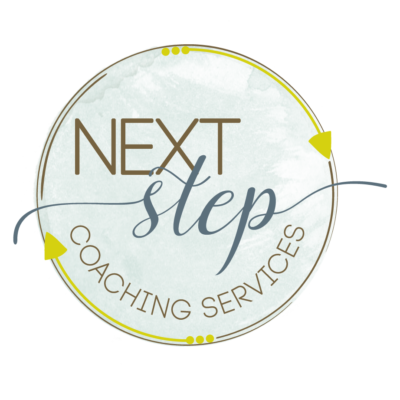Overcoming the Fear of Speaking–Practice, Practice, Practice
We’re almost done with our series on overcoming our fears when we’re speaking. Next week Melanie has a beautiful closer where she’ll share using scripture to calm our nerves.
This week I have to address my least favorite way to overcome speaker fear– practice. I’m just going to confess that I actually HATE practicing before I speak, but I can’t leave it out since it’s very effective. As Rob Eager says, “Practicing doesn’t make you sound canned. It makes you sound like a pro.”
In the past, I limited my practice to mental practice. My brain is very visual, so I would play my message through in my head as if I was watching a movie, practicing transitions as well a story-telling mentally. A secular title for this would be visualization, and it’s still a handy technique. Part of visualization is rehearsing your confidence as you speak and imagining your success. Certainly, this isn’t a bad exercise!
But I found that it wasn’t enough. When we physically practice our message, we gain confidence by working out the kinks. When I practice, I set up a music stand for my notes in front of a full length mirror in my bathroom and set the timer on my phone.
Here’s what practice addresses:
- Time constraints– One of the worst transgressions a speaker can make in front of an American audience is running over time. Practicing allows us to trim our message if needed so that we can stay within the time we’ve been given.
- Quirks– When my adrenaline is pumping at the beginning of a session, my hands need to be crazy. I practice in front of a mirror so that I can practice quieting my gestures. What’s your quirk? Too many “um”s? Smacking your lips in pauses (I do this too!)? Staying tied behind the podium? I find that I’m too “in the zone” when I actually speak to pay attention to these tics, but we can practice ahead of time to work on eliminating quirks.
- Nerves– Physically practicing puts all our learning styles to work– audio, visual and tactile. After practicing a time or two, we’ll feel confident about knowing our message, assured that we can stay within our time and sure that we’re not going to be swamped with audience-distracting quirks. All of those together means that our nerves will be more in check when we stand to speak.
Do you usually practice? Tell us where and when and how it helps you.


I do a lot of visualization before I speak, but I must confess I don’t practice often. It seems whenever I practice too much, I actually lose my passion for what I’m teaching my audience, and I fall more into performance mode.
That, and lately I’ve been speaking 2 or 3 times a week on top of my regular job and family and such, so I find it easier time-wise to slip in visualization while I’m doing other things. And I can’t seem to plan ahead to the next few things I’m talking about, or I lose focus on the closest up coming talk. It’s never the same topic, it’s always different and new, so it’s nothing I can re-work.
Is it just me that has to do it that way? Are my habits odd?
I don’t think your habits are odd at all, Jaime! Everyone has to find the methods that work best for them, and that will vary according to our wiring. I’m a huge advocate for practicing out loud when you need to make sure you’ve got the timing right, but I usually do that once for a talk, not before every event. ~Amy
Three excellent points, Amy! Thanks!
I work hard in practice. Recording also helps me find out if I’m using the energy and passion I think I am – or if I need to step it up to communicate more clearly.
I’ve read that because of the way our brains work, study for a test – or practice for a talk – is most effective when done many days or weeks in advance. That means practicing when there’s nothing on the calendar is very beneficial!
Ah! Practicing several weeks in advance sounds like a good tip to keep from “over-practicing” concerns that others have. If you can work out the kinks ahead of time but keep delivery fresh, that’s the goal!
I end up practicing so much, I have my speech memorized! I don’t know if that’s such a good idea. Also my opportunities to speak are few and far between, and I have had plenty of lead time to prepare, practice and PRAY.
I’ve recorded myself on the voice memo app on my phone and listened while I’m driving. It’s good for timing, as you mentioned. I can also hear what sounds clunky or repetitious. I can make sure my point is coming across.
The most important speech I ever gave was my testimony months after my husband’s death. Our story was, and continues to be, about God’s faithfulness. I set parameters for myself: everything I shared had to have actually happened (there was encouragement, but no call to action), and it MUST speak life and glorify God.
I asked a speaker/writer friend, who also happened to have walked this season out with us, to look it over for me and ensure it met my guidelines.
Sorry I think this got into the broader issue of preparation, but it just kept coming. LOL
I love your comments, Jennifer. Everybody has their own way to prepare, and it sounds like you’ve hit your sweet spot!